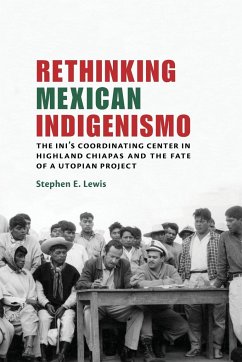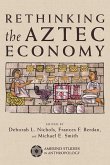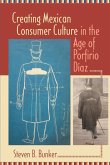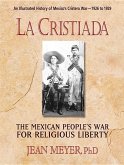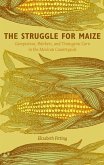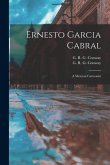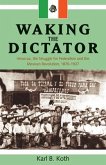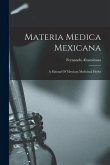Honorable Mention for the 2019 Thomas McGann Book Prize from the Rocky Mountain Council for Latin American Studies Mexico's National Indigenist Institute (INI) was at the vanguard of hemispheric indigenismo from 1951 through the mid-1970s, thanks to the innovative development projects that were first introduced at its pilot Tseltal-Tsotsil Coordinating Center in highland Chiapas. This book traces how indigenista innovation gave way to stagnation as local opposition, shifting national priorities, and waning financial support took their toll. After 1970 indigenismo may have served the populist aims of President Luis Echeverría, but Mexican anthropologists, indigenistas, and indigenous people themselves increasingly challenged INI theory and practice and rendered them obsolete.

